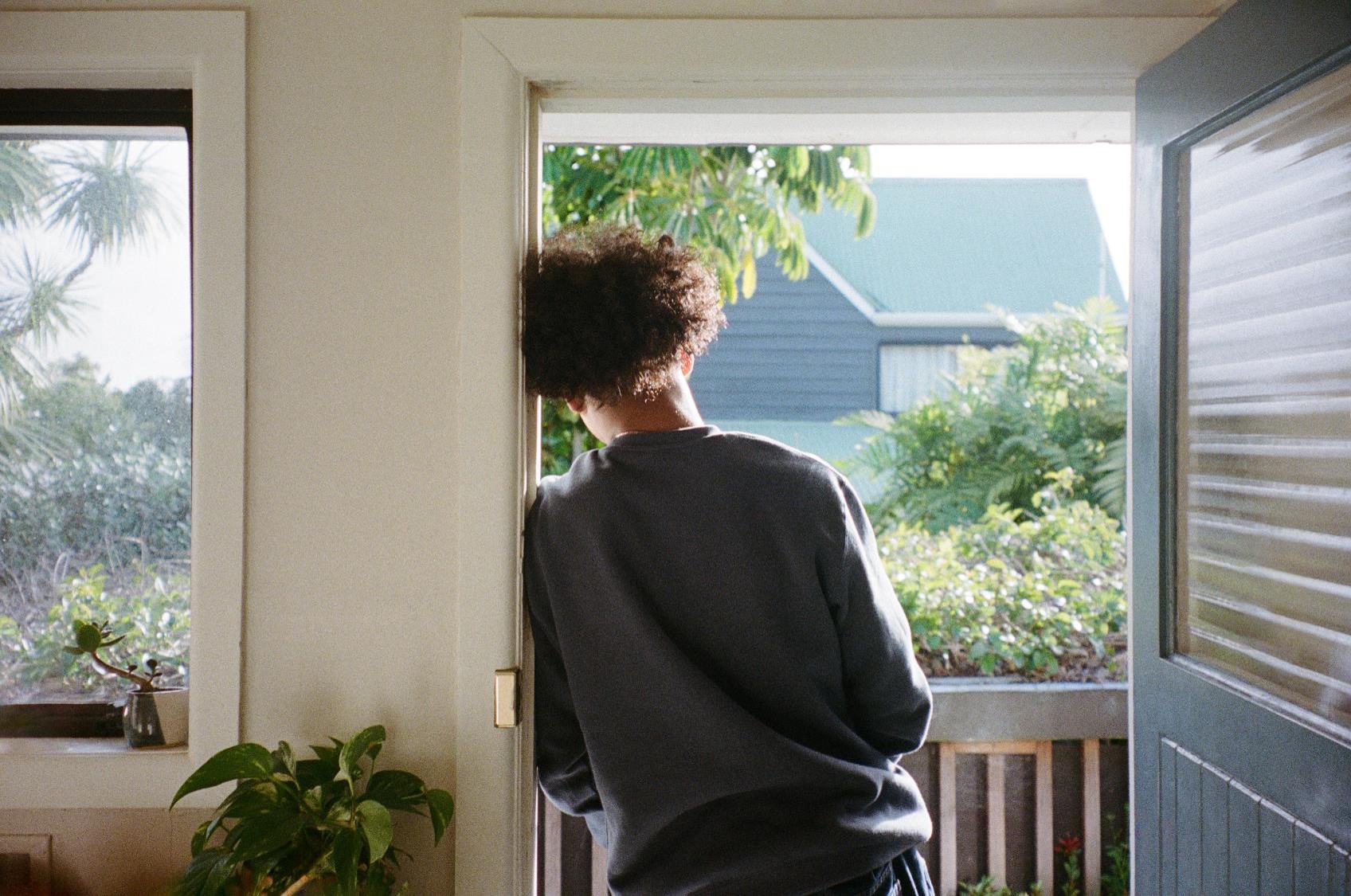Bladder Cancer
Your bladder is a hollow, muscular, balloon-like organ that collects and stores urine in the lower part of the abdomen.
Bladder cancer develops when abnormal cells multiply in the bladder lining, leading to uncontrolled cell division and growth. As the cancer progresses, it may grow into the deeper layers of the bladder wall.
The majority (90%) of bladder cancer cases are urothelial carcinoma, also called transitional cell carcinoma, which starts from the urothelial cells lining the inside wall of the bladder (Source: Urology Waikato).
Other rare types of bladder cancer include:
- Squamous cell carcinoma
- Adenocarcinoma
Bladder cancer in rangatahi is relatively rare, but it may be more common in adults.

Disclosure: The information provided in this article is intended for educational purposes only and should not be construed as medical advice. Consult a qualified medical professional or your healthcare provider if you are seeking medical advice.
Support
Discovering you, or a member of your whānau, is facing bladder cancer can be really hard. A diagnosis of bladder cancer can result in a range of mixed reactions and life challenges.
Cancer affects everyone differently. That’s why Canteen provides a wide range of free support services to help rangatahi manage the specific challenges they’re dealing with. Canteen services and events can help you find ways to cope with what life looks like now you are facing these unexpected challenges.
You can talk to one of our specialist clinical team about the impacts of cancer on your life. This can be either in person, over the phone, or online. Rangatahi can also connect online 24/7 with peers who understand what you’re going through.
Visit the Cancer Control Agency website for more information about the causes, symptoms, diagnosis and treatment of bladder cancer, or speak to your Adolescent & Young Adult (AYA) key worker at hospital.


